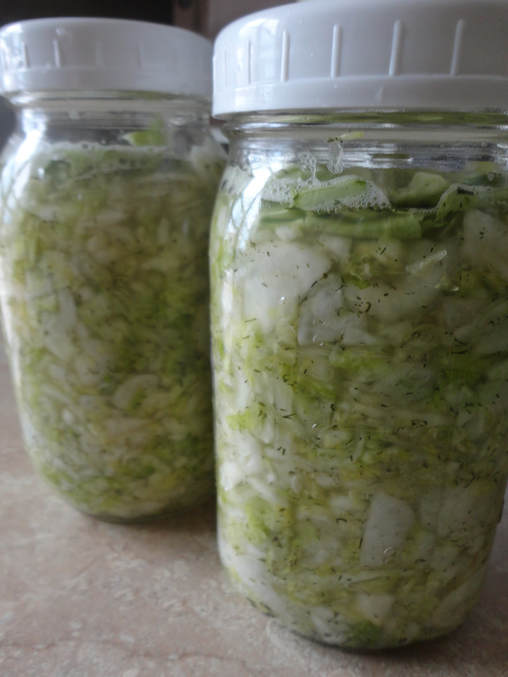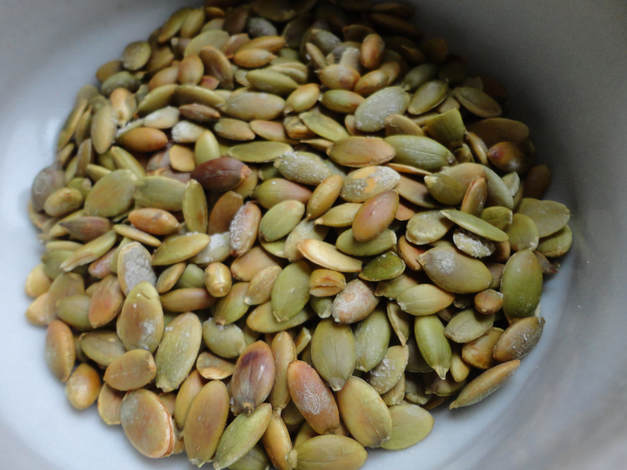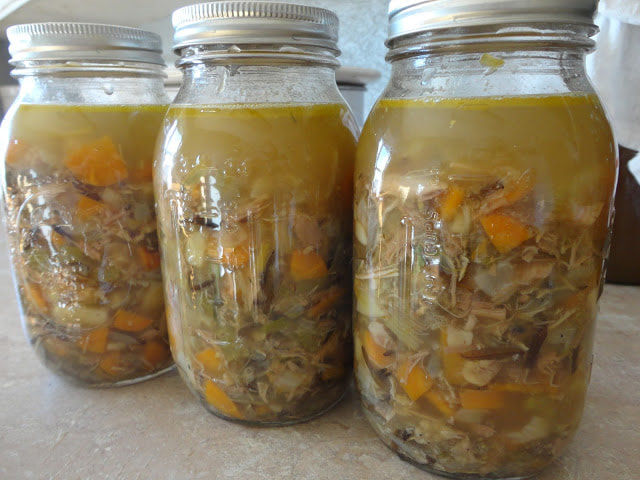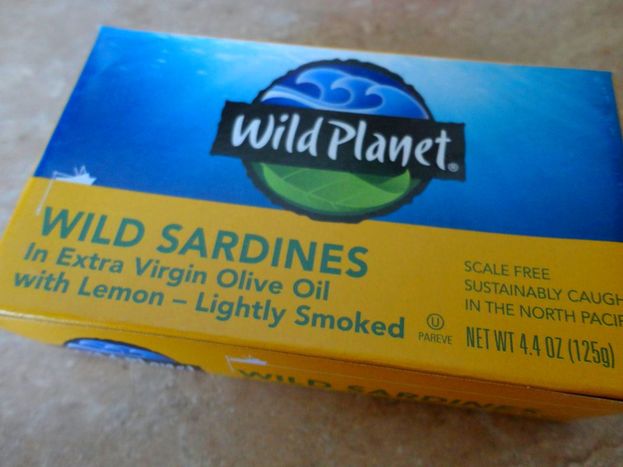|
Clear skin that has a natural glow is a pretty universal desire, across all genders and ages. It is a sign of wellness and vitality, so when our skin looks healthy, we look healthy feel good. Unfortunately, the ways to achieve skin that is free of breakouts, blemishes, redness and discoloration tend to be chemical-based. Creams, lotions, serums and cover-ups are pushed on us (usually women) that claim to help us look younger and healthier, but they are actually full of petroleum-based chemicals that often contain endocrine-disrupting ingredients and end up doing more harm than good to our skin. The real way to have better skin starts with healing from the inside out, rather than focusing solely on the outside itself. For this week's Friday 5, I am giving you five tips that involve getting good nutrition, balancing hormones, healing the gut and supporting with herbs, all in order to give you that glowing skin you've been looking for. 1. Balance HPA Axis & Thyroid Hormones Increased stress having a negative effect on your skin is an easy connection to make, since most of us find we have more breakouts when we and under increased stress. Not only does chronic stress throw your hormones out of whack, but it also increases inflammation, so it is a double whammy for bad skin. Keeping your stress level manageable, including mindfulness practices, meditation, plenty of time in nature, adequate sleep and appropriate exercise are extremely important for keeping the hormones of the HPA (hypothalamic-pituitary-adrenal) axis in balance. Keeping stress in check also encourages balanced thyroid hormones, which can also cause acne and breakouts when out of balance. In addition to achieving balance through reduced stress, supporting these hormone-producing glands with nutrition is also necessary. Adaptogenic herbs like ashwagandha, eleuthero, and tulsi can help your body's ability to adapt to and cope with stress. Adequate vitamin C, B vitamins, vitamin A, and magnesium help support the adrenals, and iodine, selenium and vitamin D are needed to maintain healthy thyroid function. Keeping blood sugar in balance with regular meals that contain plenty of protein and fat help with hormone balance, as well as getting adequate carbohydrates--no low carb diets here. Other hormones that, when out of balance, could cause skin problems are estrogen, progesterone, and testosterone. Conditions like PCOS can cause acne on the face and body, so looking to the HPA axis and thyroid hormones is a good place to start to get the sex hormones in balance, as these directly affect them as well. Consulting a dietitian or healthcare practitioner may be called for with more complicated medical conditions such as PCOS or hypothyroidism, as you may want to get testing done to check hormone levels. 2. Heal Your Gut Prioritizing gut health shows up on just about any list that involves improving your health, whether it be allergies, mental health, inflammation, and even better skin. Inflammation in the digestive system and leaky gut can show up not only as digestive symptoms, but also in skin that is more prone to breakouts. These conditions can also come out as eczema and psoriasis as well, as they are auto-immune in nature. Taking steps to improve your gut health, along with getting the HPA axis in balance can dramatically improve eczema and psoriasis symptoms. To start working on your gut health, begin incorporating bone broth regularly, plenty of fermented foods and possibly probiotic supplements, and soluble fiber from vegetables, fruits, nuts, seeds, legumes and properly-prepared whole grains. Some even find topical probiotics to help acne, as your skin has a microbiome as well, not just your gut. Supporting digestive secretions (think stomach acid, bile and enzymes) and liver detoxification with bitter herbs and foods can also be super helpful for clearing up your skin. Think digestive bitters, radicchio, citrus peel, cocoa and any other bitter foods, as the bitter taste stimulates digestion throughout the system. And, what many forget and could be on every wellness list I could think of, be sure to drink adequate amounts of water! Opt for filtered water if at all possible.Y ou may need to take out foods that are causing extra inflammation, such as refined sugars and flours, fried foods and any foods that are processed. You may want to do this with a dietitian or naturopathic doctor in case you need testing for allergies, infections or to follow specific protocols. Eating when you are calm, in rest-and-digest mode, with an emphasis on plenty of chewing and eating slowly, are also important for promoting digestive health. Of course, that ties back in to stress management as well...all of these strategies tie in to the other. 3. Manage Micronutrients There are certain vitamins and minerals that are essential if you are looking to get your skin where your want it to be. These micronutrients play roles in detoxification, collagen production, hormone balance, reducing inflammation and acting as antioxidants. Getting adequate amounts of zinc, selenium, vitamin A, magnesium, vitamin C, sulfur, and vitamin E are all needed for clear, healthy skin. Zinc is one of the best minerals to ensure improved skin, which can be found in beef, lamb, bison, oysters and other shellfish and fish, liver, and pumpkin seeds. Selenium is a powerful antioxidant and is also needed for thyroid balance, which is found in Brazil nuts, almonds, and sardines. Vitamin A is also an antioxidant and is needed for hormone balance. It is fat-soluble and is found in liver, cod liver oil, grass-fed dairy and eggs. Vitamin C is another antioxidant, which also is needed for collagen synthesis. You can get vitamin C, along with other antioxidants and polyphenols, in citrus fruit, cabbage, potatoes, sweet potatoes, green leafy vegetables, bell peppers, and berries. Magnesium plays a role in detoxification and hormone balance, and it can be found in green leafy vegetables, nuts and seeds, and whole grains. Sulfur is also important for detoxification, as it is a precursor to the main antioxidant in the body, glutathione. It is found in eggs, onions, garlic and cruciferous vegetables like broccoli and kale. Vitamin E, another fat-soluble antioxidant and is found in olive oil, nuts and seeds and avocado. Keeping an eye on your micronutrient intake through a balanced, nutrient-dense diet will help keep your body's detoxification processes working well and inflammation low, both needed for clear skin. 4. Drink Your Broth and Get Your Collagen Collagen supplements are all the rage right now, but traditional diets have always emphasized foods that are rich in collagen. The skin, along with other connective tissues like tendons and ligaments, is rich in collagen. Eating foods that are rich in collagen, gelatin, and glycine all help to keep skin healthy and glowing, and may even reduce the signs of aging by keeping wrinkles at bay and skin more taught. These are found in bone broth and the skin and bones of animals, such as sardines, canned or skin-on salmon, chicken skin, and chicharrones. You can also take collagen supplements or make foods with powdered gelatin, like homemade jello, gummies or panna cotta. Glycine, an amino acid, is also needed for gut healing and detoxification, so getting plenty of this in the diet will help your skin in more than one way. 5. Eat Your Healthy Fats Not only do healthy fats make food taste good, but they are also needed for healthy skin. They promote skin elasticity and keep the skin supple, hydrating from the inside-out. They are also needed for proper nutrient absorption. Many of the micronutrients above are fat-soluble, so getting adequate fat is needed to absorb them well. Omega 3 fats reduce inflammation, which are found in fatty fish like salmon and sardines, shellfish, walnuts, flaxseeds, and pastured meat, eggs and dairy as well. Other fats to help the skin are monounsaturated fats, found in olive oil and avocado, healthy amounts of omega 6 fats to balance the omega 3s from nuts, seeds, some meats and eggs, and saturated fats from pastured meat, eggs and dairy. Don't shy away from good fats when you are looking to heal your skin. Balance that with limiting processed oils like canola, soy, vegetable, corn, cottonseed and hydrogenated oils, as well as fats from conventionally-raised animals and fried foods as much as possible. These are all strategies for starting to heal your skin from within, and they are all based around feeding yourself a balanced, nutrient-dense diet and staying well-hydrated. Stress and sleep also come into play as well. Of course, what you put on your skin is important, too. Sticking to organic and all-natural skin care products is essential in addition to these nutrition-based strategies. Find products that are not petroleum-based and don't contain artificial colors, fragrances or anything that might be irritating to the skin and interfere with hormone balance. These can be simple and homemade, like coconut oil as a moisturizer, or more spendy like those you find at a natural foods store. Be sure to get plenty of sunlight, avoiding too much sun exposure and sunburns. Good skin is all about self-care and giving your body what it need, both inside and out!
0 Comments
Leave a Reply. |
Brine & Broth
I am a gut health-focused nutritionist and online health coach based in Southwest Wisconsin. My recipes and philosophies center around traditional, nutrient-dense foods that support robust gut health. Archives
May 2022
Categories |






 RSS Feed
RSS Feed
